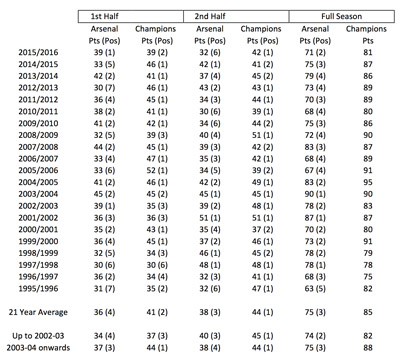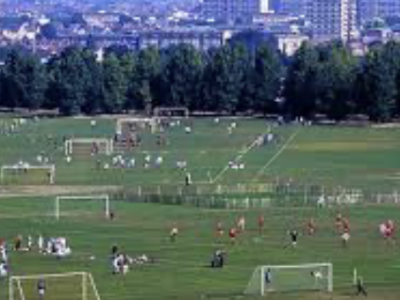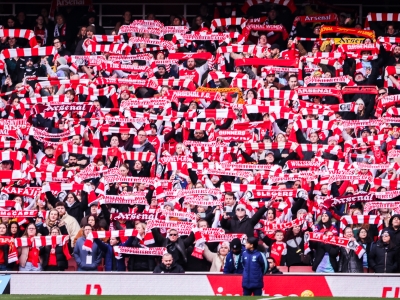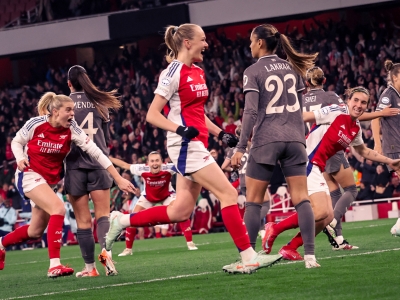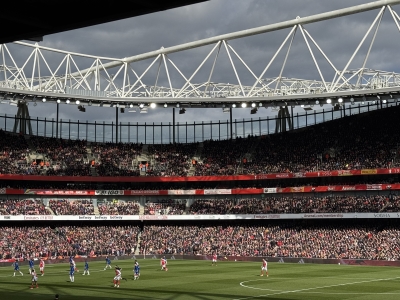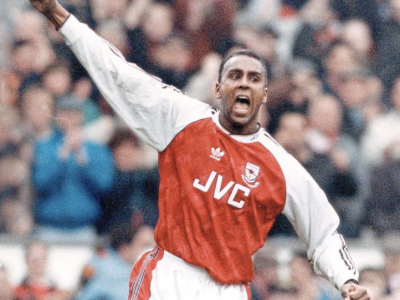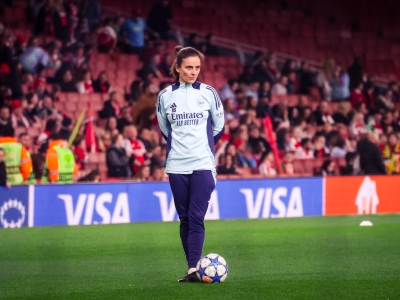You don’t have to read many reviews of Arsenal 2015/16 season, or indeed those of the few seasons prior, to see the phrase “Groundhog Day”, almost certainly in the context of repeating previous failings and/or an inability to perform when the pressure is on. The repetition is getting repetitive. However it seems to me Arsenal actually have two different modi operandi when it comes to a failed title challenge and the subsequent perennial battle for a Champions League spot, they either begin strongly and fade away (2015/16, 2013/14) or make a stuttering start and then recover with an impressive finish (2014/15, 2012/13). Since these topsy turvy seasons often alternate (i.e. poor start and good finish one campaign then a good start and poor finish the next) it means the best we can do is claim pyrrhic victories “we had the best record in the calendar year 2015”; irrelevant, all this really highlights is the consistent inconsistency.
Looking at form for the two halves of a season separately can often be revealing, because as a rule after 19 games everyone will have played everybody else once, and with an even spread of home and away fixtures (there are occasionally some anomalies). Some analysis of Arsenal’s performance, and that of the champions, in both halves of the campaign over the past 21 seasons (those in which there has been a 20 team Premiership) reveals some interesting results (see the table illustrated).
Firstly, looking at the overall points totals, 2015/16 was only the third time in 20 seasons that Arsenal’s points total had dropped for a second consecutive year, and the first time this has happened since we have been at Emirates. It may be our highest league position since the move, but 71 points is the fourth lowest total we have achieved since leaving Highbury and on average would only be enough for fourth position. St Totteringham’s day might have been fun, but the evidence suggests second place flattered us, we finished the season with form that would have justified sixth. The 32 points we gained is the third lowest for any half season under Wenger’s tenure. As for the champions, without wishing to rain on Leicester’s parade, 81 points is a low total with which to earn top spot.
Secondly, the last four years have most definitely been ‘seasons of two halves’, in both 2012/13 and 2014/15 Arsenal’s late season form was either the best or second best in the league, helping to compensate for mediocre first halves. On the other hand, in 2013/14 and 2015/16 we were well placed at the turn of the year, only for things to fall apart in the home straight and it was a similar story in 2009/10 and 2010/11. To win the title you need to finish strongly, every champion has had either the best or second best record in the last 19 games of a season. If recent patterns are maintained, do not be surprised to see us around 6th at the turn of the year, only to climb two or three places in early 2017
Thirdly and perhaps most importantly, in recent years it’s been crucial not to fall too far behind in the first half too, only twice have the eventual winners been lower than third at the half way point, our own success in 1998, achieved on the back of a phenomenal sequence in the run in, being one example. Indeed in six of the eight seasons between 95/96 and 02/03 titles were won on the back of strong finishes, the champions often gathering 10 or more points in the latter half of the campaign.
A closer look shows the Invincibles perhaps set a new standard here too, gaining 45 points (oddly still only sufficient for second place to Man United) by Christmas 2003. In the seasons that followed the champions elect have averaged 44 points from their first 19 games, whilst in comparison between 1995/96 and 2002/03, 37 points and third place at the half way stage would have seen you well set. In short this shows that title winners are nowadays more consistent, you’ll likely need 88 points and will win them evenly over the season. Prior to 03/04, 82 points would likely have sufficed; and since champions have consistently scored 44/45 points in the second half, this only goes to show the need to be quick out of the blocks is greater than it used to be (to the tune of six or seven points)
Interestingly in the long run Arsenal have been more consistent across the two halves of a season since the epic 2003-04 campaign (37/38 points each half) yielding an average of 75 points and third place. Prior to that an average of 74 with 40 points gained in the second half being enough to gain second place. The irony here is that Arsenal seem to have raised the bar and now find they can’t jump it…

